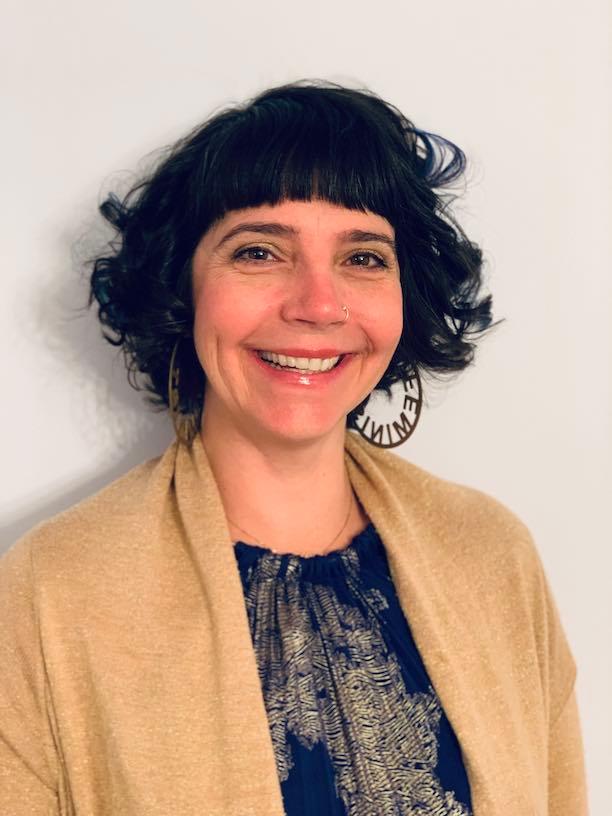5 Expert-Backed Strategies To Build Long-Term Financial Health

According to a 2024 J.P. Morgan Wealth Management study, Black, Hispanic, and Latina women investors are more likely to be new to investing and to have started within the last few years, highlighting a powerful wave of interest in building long-term wealth.
Despite this wave of interest, LendingClub reports that more than 60% of Americans live paycheck to paycheck, making the idea of planning for the future feel daunting. In a world full of economic uncertainty, many of us are left wondering: Where do I even begin?
Financial education is a powerful first step. So, we asked financial experts to share what long-term financial health really means and how to take the first steps toward it.
What Long-Term Financial Health Means
Long-term financial health means consistently meeting your current needs, being prepared for life’s unexpected events, and staying on track to meet future financial goals with peace of mind.
“You have to map out a plan that helps find the balance so that you are saving for tomorrow but still living for today,” said Angela Duncan, author and founder of Empower Her Money.
Lacy Garcia, founder and CEO of Willow, agrees.
“It’s really about having the ability to be in control of your life,” she said. “To have stability, confidence, the ability to provide for yourself and your family in a way that you are able to do what serves your best interests.”
In other words, when you think about financial health, it isn’t just about covering today’s bills, it’s about building a stable, flexible future that supports your goals and weathers life’s uncertainties.

Why It Matters: The Power Of Long-Term Planning
Long-term financial health includes living within your budget today and learning how to save and invest for the future. When you set yourself up for financial success in the long run, you also reduce your stress in the present. You give yourself great flexibility and freedom in every stage of life. You become more resilient in the face of emergencies. And, if you are a parent, you not only support future generational wealth, but you also set an excellent behavioral example of responsible money management for the kids in your life.
Long-term financial planning is also an active mindset for your money. No matter the motivation – freedom, security, or impact – taking control of your financial health puts you in the driver’s seat of your money by giving you the confidence of making your money work for you and your values.
“If you don’t tell your dollars where to go, they leave you,” Angela said.
So, how do you tell your dollars of today where to go so they best serve you in the future? Your financial future starts with the steps you take right now.
5 Ways To Start Building Long-Term Financial Health
Here are five expert-backed tips to build long-term financial momentum:
- Do your best to stay out of debt. Credit cards can be convenient, but debt adds up fast. Truly consider how much a purchase will cost in the long run, with interest factored in.
- If your company offers a 401(K), especially with a match, contribute what you can. It’s effectively free money toward your future.
- Set up automatic withdrawals with your bank that send money to other high-yield savings accounts, so you don’t even see it in your primary account. This can help set up healthy habits to live within your means and also create a cash cushion.
- Consider whether you can turn your passions into an income stream. For example, if you love animals, can you offer pet-sitting services? Into fitness? Teach a class. Side hustles can give your savings a boost.
- Start with financial education. If you don’t yet have money to save, build your knowledge. Many platforms, like Willow, offer free first conversations and resources. Take advantage of these opportunities.
A bonus tip our experts offered is to build an emergency fund as soon as possible. Even a few hundred dollars can cushion unexpected expenses and keep you out of debt when they occur.

Your Path To Long-Term Financial Health
Once you begin setting aside money and start to think about investing, Lacy recommends that you schedule a conversation with a financial expert to make sure you’re clear on your goals, risk tolerance, and strategy.
But you don’t have to stall until you reach a certain threshold. Think of financial fitness the same way you would physical fitness. You wouldn’t run a 5K without building up to it. In that same vein, saving even $50 a month can snowball into meaningful progress. The key is to start where you are, with what you have.






